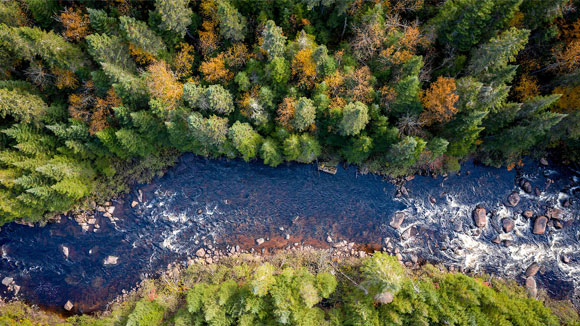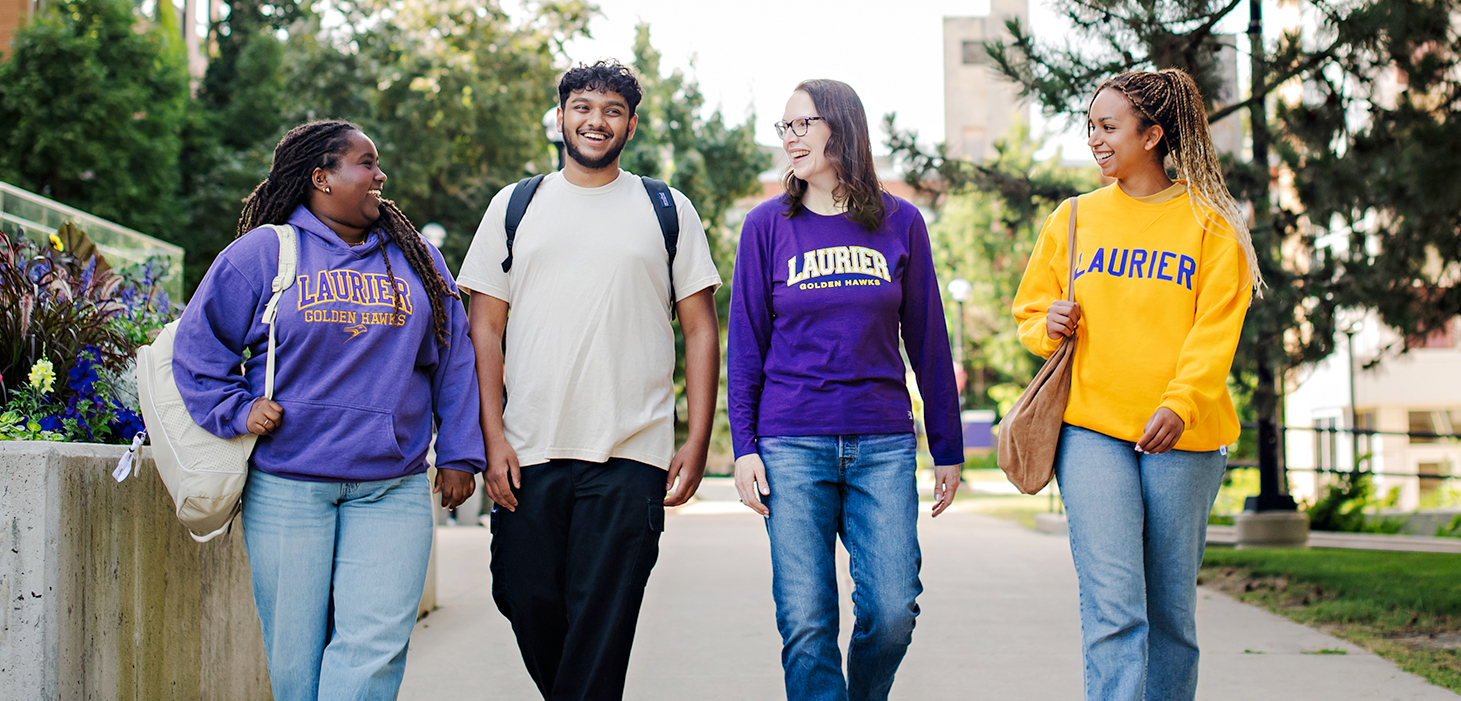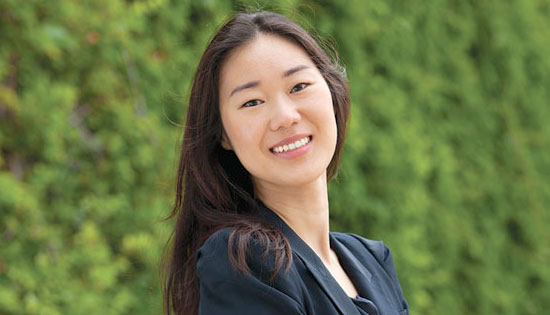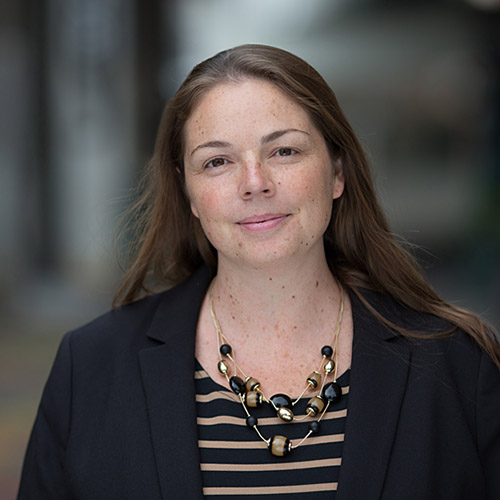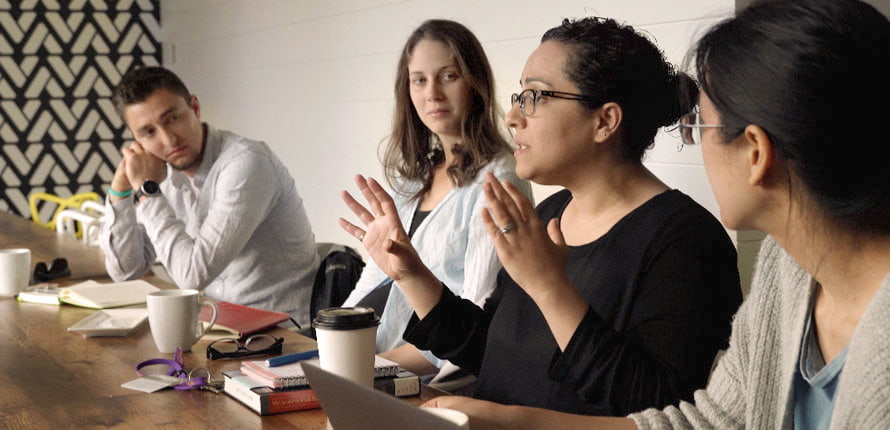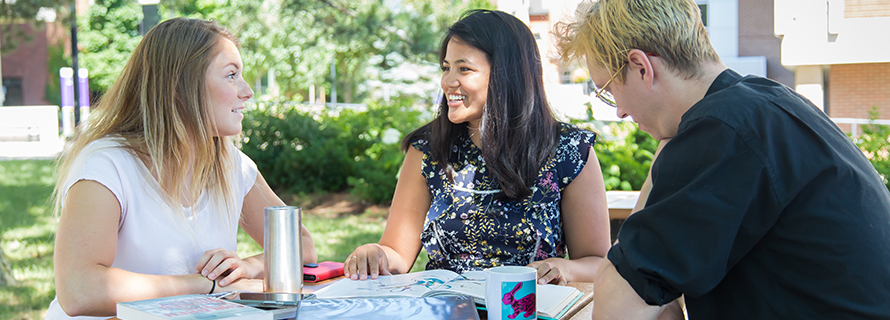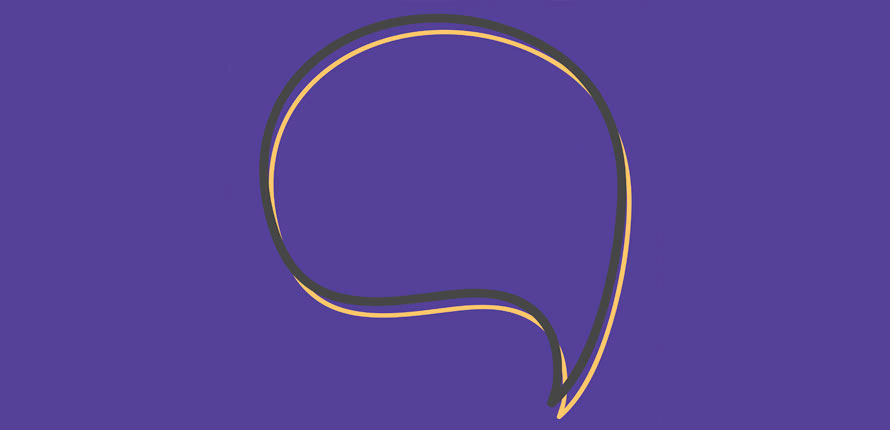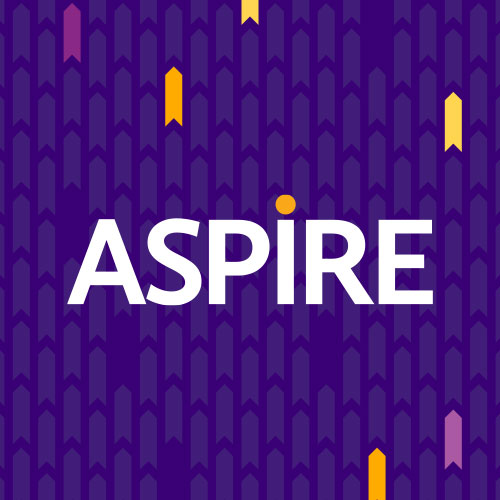Indigenized Offering
This offering is situated in Indigenous knowledges and embraces Indigenous teaching methods, such as circle, ceremony, and land-based learning. This offering is designed for First Nations, Métis, and Inuit peoples. It is open to full-time students and is usually offered every 4-5 years. The next implementation is yet to be determined.
This offering is a critical part of the Faculty of Social Work’s commitment to indigenization and decolonization and responds to recommendations from the Truth and Reconciliation Commission. It also helps to respond to the growing demand for Indigenous scholars within higher education.
Courses are taught by Indigenous scholars from the Indigenous Field of Study (IFS). Course content privileges Indigenous scholarship and discourses relevant to Indigenous issues in practice, research and education. Indigegogy is a term that is employed by the IFS team to capture the Indigenous theories and practices that underpin the transformative Indigenous educational process. Indigegogy in each course is wholistic in design and flow from Indigenous ways of seeing, being, knowing, and doing. Course pedagogy involves the sharing circle in the presence of medicines, ceremony, and Elders, and land-based learning, when possible.
Graduates take their place in the circle of Indigenous knowledge, restoring and generating indigenous knowledge. Graduates understand "how" to gather knowledge, carve pathways, research, engage in Indigegogy, how to take their places within the academy or teaching and research positions and maintain their Indigeneity and Indigenist frameworks.



